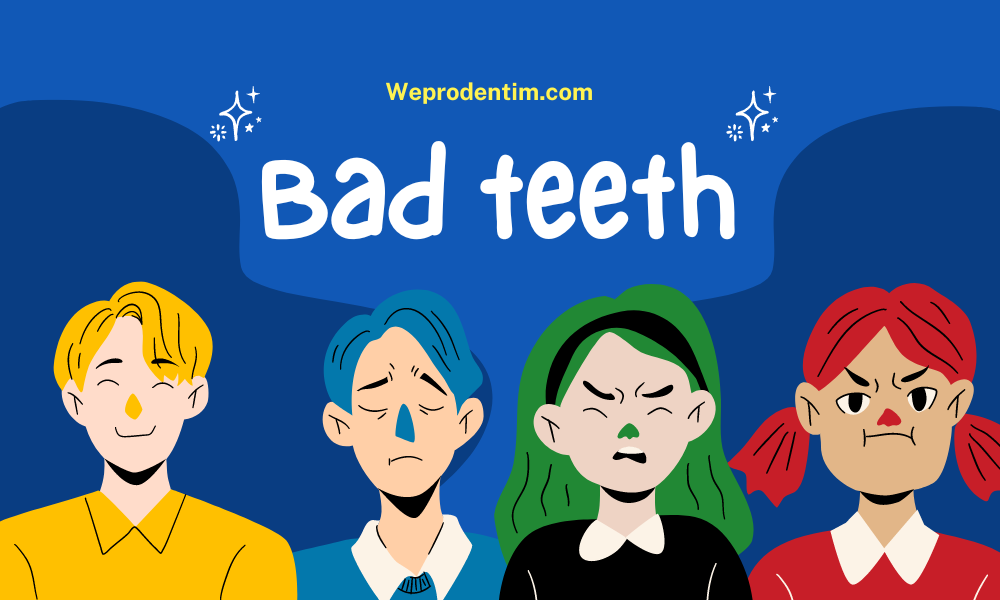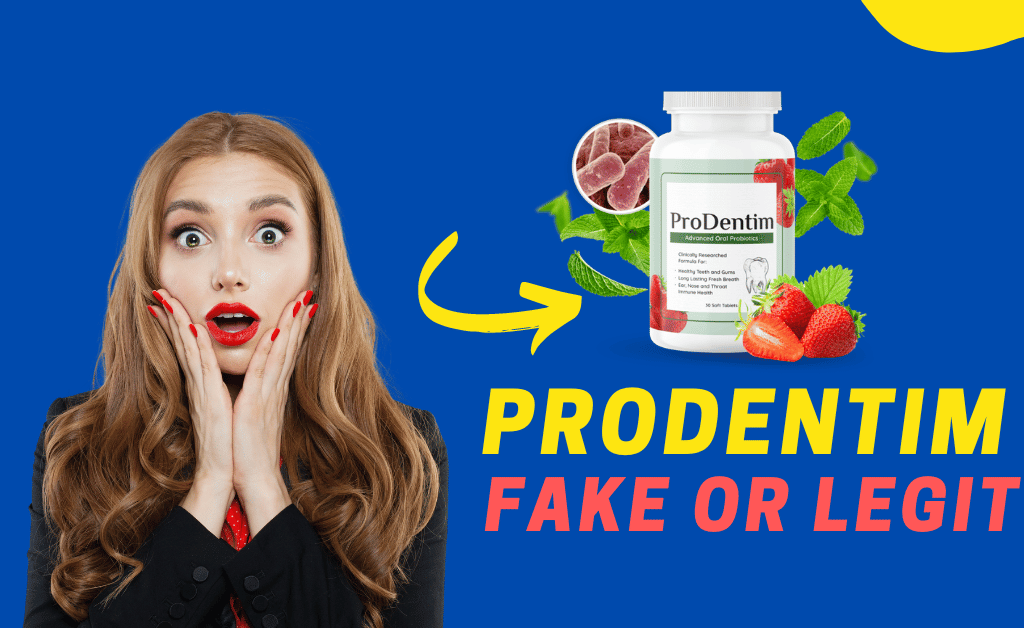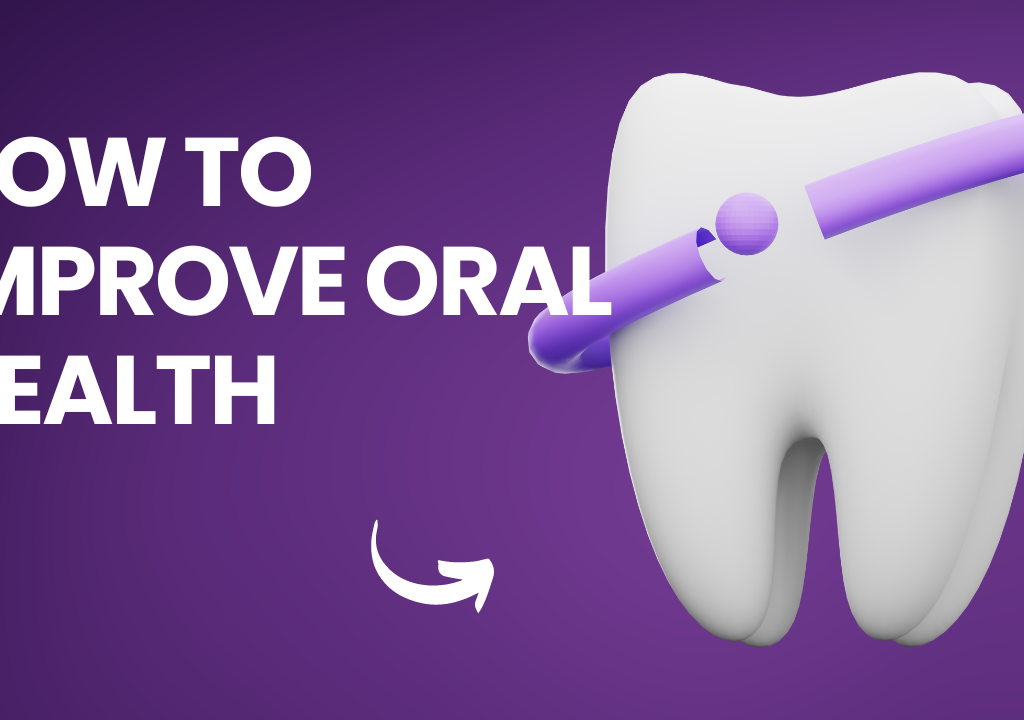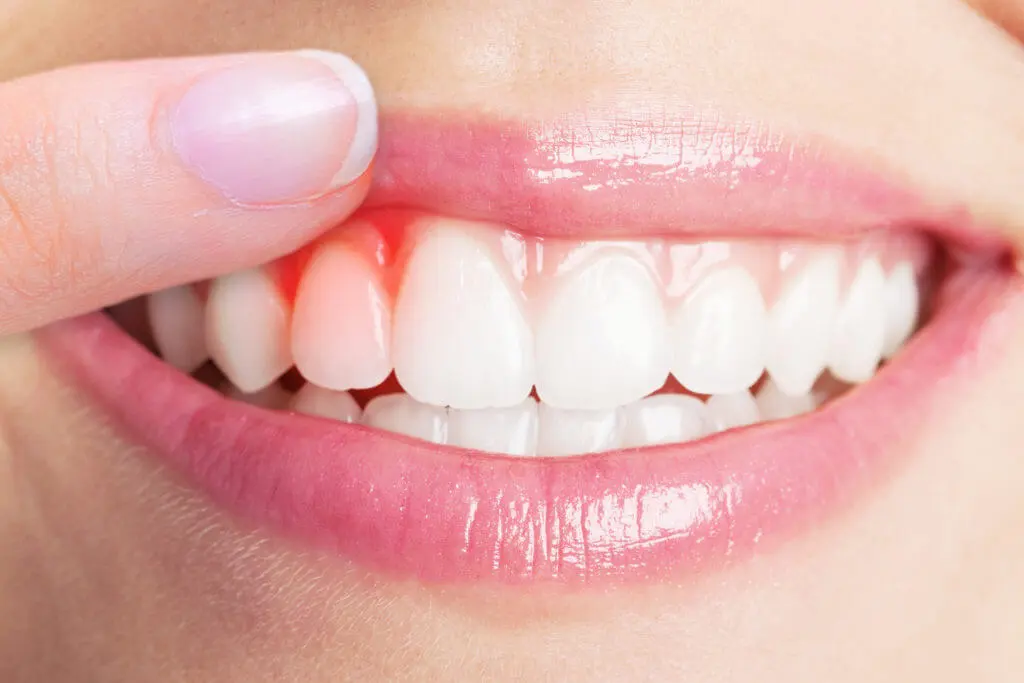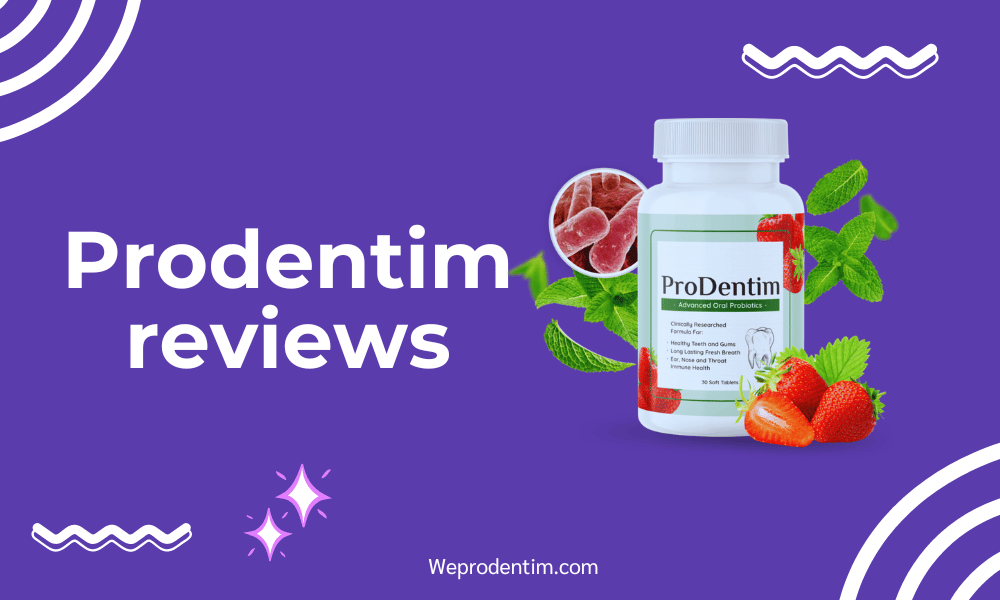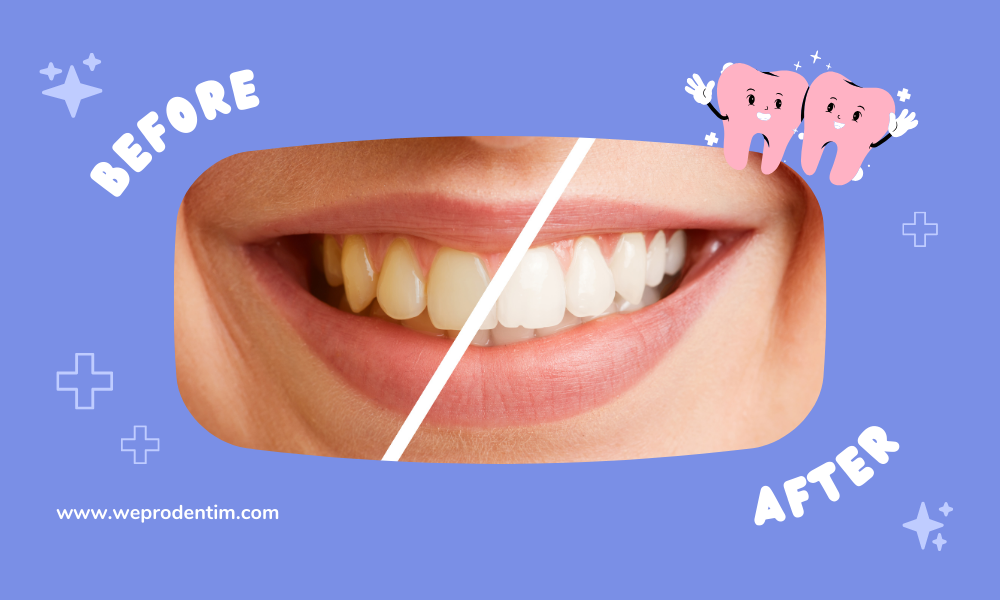What is the Best Vitamin for Teeth?
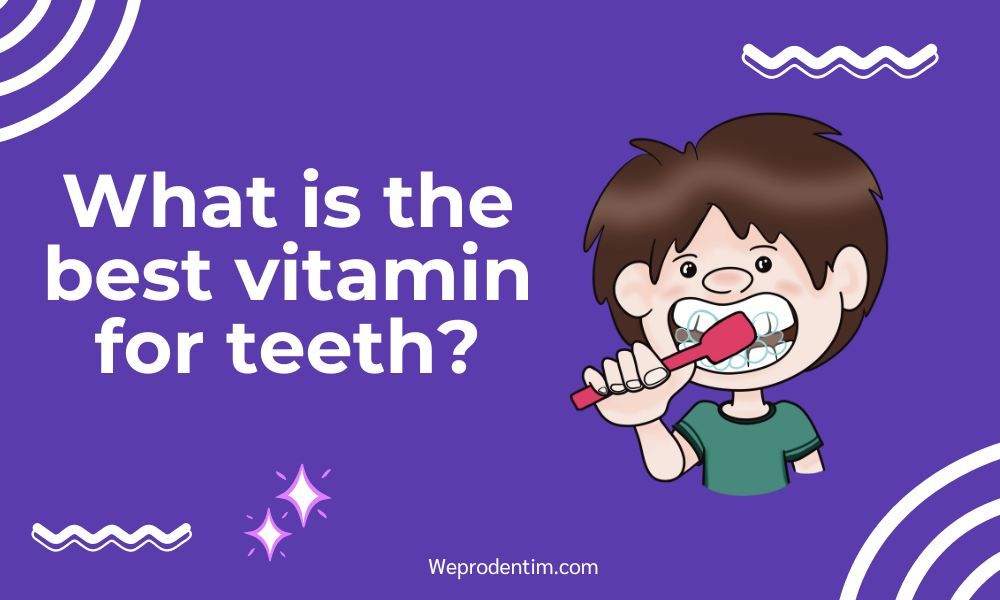
When it comes to maintaining strong, healthy teeth, vitamins play a crucial role. While we often think about brushing and flossing as the primary methods for dental care, our diet and nutrient intake are just as important. In this article, we’ll explore the best vitamins for teeth and how they contribute to oral health.
The Essential Vitamins for Dental Health
1. Vitamin D
Importance: Vitamin D is perhaps the most critical vitamin for dental health. It helps the body absorb calcium, which is essential for building and maintaining strong bones and teeth. Without sufficient vitamin D, your body can’t absorb the calcium you consume, no matter how much dairy or calcium-rich foods you eat.
Sources: Sunlight is the best natural source of vitamin D. However, you can also get it from foods such as fatty fish (like salmon and mackerel), fortified dairy products, and egg yolks. Vitamin D supplements are also an option, especially for those who live in areas with limited sunlight.
2. Vitamin C
Importance: Vitamin C is vital for the health of gums and soft tissue in the mouth. It helps in the production of collagen, a protein that supports the gums and holds teeth in place. A deficiency in vitamin C can lead to gum disease, which is a leading cause of tooth loss in adults.
Sources: Citrus fruits like oranges, lemons, and grapefruits are excellent sources of vitamin C. Other good sources include strawberries, bell peppers, broccoli, and Brussels sprouts.
3. Vitamin A
Importance: Vitamin A is crucial for maintaining healthy mucous membranes and salivary flow in the mouth. Saliva is essential because it helps to wash away food particles and bacteria from the teeth and gums, protecting against tooth decay and gum disease.
Sources: You can find vitamin A in foods like carrots, sweet potatoes, spinach, and kale. Animal-based sources include liver, fish, and dairy products.
4. Vitamin K
Importance: Vitamin K works synergistically with vitamin D to help transport calcium to the bones and teeth. It also plays a role in blood clotting, which is important for healing and preventing excessive bleeding in the mouth.
Sources: Leafy green vegetables such as kale, spinach, and broccoli are rich in vitamin K. Other sources include dairy products, meat, and eggs.
5. B Vitamins
Importance: The B vitamins, particularly B6 and B12, are essential for oral health. They help in the formation of red blood cells and support the overall health of the oral cavity by reducing inflammation and preventing sores or lesions in the mouth.
Sources: B vitamins are found in a variety of foods including meat, poultry, fish, dairy products, and leafy green vegetables. Whole grains and legumes are also good sources.
How to Ensure Adequate Vitamin Intake
To maintain optimal dental health, it’s important to have a balanced diet that includes all these essential vitamins. Here are some tips to ensure you’re getting enough:
- Eat a Variety of Foods: Include a mix of fruits, vegetables, proteins, and whole grains in your diet to cover all vitamin bases.
- Consider Supplements: If you have dietary restrictions or difficulty getting certain vitamins from food alone, supplements can help bridge the gap. Consult with your healthcare provider before starting any new supplement regimen.
- Regular Sun Exposure: Spend some time outdoors to help your body produce vitamin D naturally.
- Stay Hydrated: Drink plenty of water to aid in the absorption of vitamins and maintain saliva production.
Conclusion
While brushing, flossing, and regular dental check-ups are vital, ensuring you get the right vitamins can significantly impact your dental health. Vitamins D, C, A, K, and B complex all play unique and essential roles in maintaining strong teeth and healthy gums. By incorporating a variety of nutrient-rich foods into your diet and considering supplements if necessary, you can support your oral health and keep your smile bright and strong.
